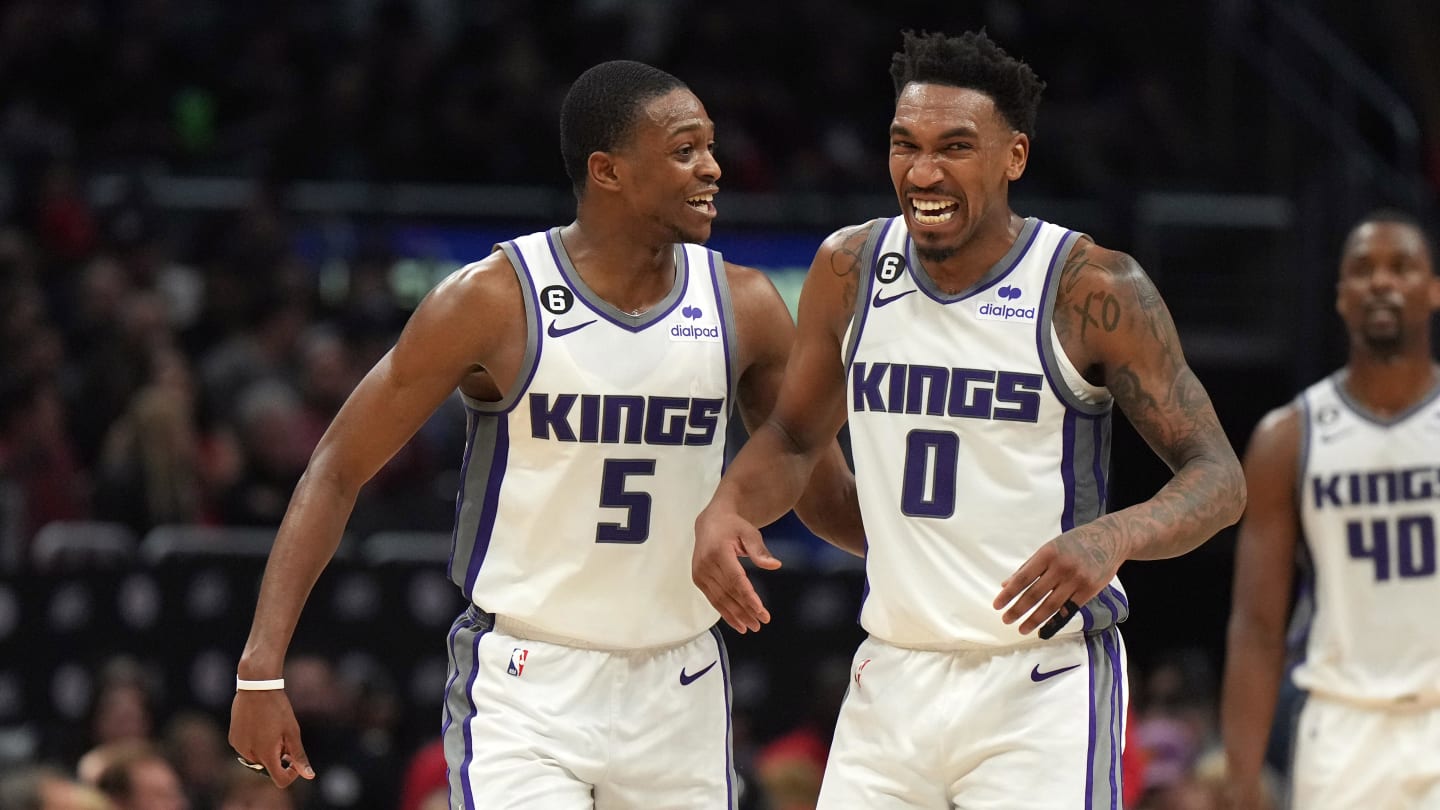Deloitte: Indian consumers are becoming increasingly price-conscious | News
.jpg&h=630&w=1200&q=75&v=20170226&c=1)
Deloitte India’s report, ‘Future of Retail: Exploiting Assets for Growing Sales and Pervasive Sales’, highlights a significant shift in the purchasing dynamics of Indian consumers, stressing that experiences and local innovations are the key trends replacing traditional product-centric shopping.
The report, which takes into account the views of 660 respondents, examines the performance of various subsectors within the consumer and retail sector, highlighting their resilience and vulnerability and examining the impact of inflation on consumer spending behavior. The report shows a shift to price-conscious purchases and a revival in demand for experiences such as travel and hospitality.
While categories such as recreation, entertainment, leisure and travel saw an increase in spending, traditional retail segments such as fashion and lifestyle saw stagnant volume growth. Companies that innovate to meet evolving consumer preferences for convenience, affordability and health will not only survive, but thrive.
Anand Ramanathan, Partner and Head of Consumer Goods and Retail Sector, Deloitte India, said, “The premium segment led the recovery in consumption post-pandemic. However, most categories in retail are currently witnessing a slowdown in premium demand and a revival in the mass segment. The evolving consumer landscape has a complex interplay of value consciousness and a growing demand for unique experiences, which underscores the need for local innovation at scale.”
A key imperative for consumer goods companies is to leverage existing investments and assets to achieve comparable growth. According to the report, these companies can target incremental comparable sales growth of 8 to 20 percent by investing in customers, products, distribution channels and experiences.
They can also leverage technology and AI for operational efficiency and strategic resource allocation. They can also use consumer data wisely, as the survey found that around 48% of consumers are willing to share data.
Centralized customer data platforms enable brands to pursue hyper-personalization and optimize their business performance through targeted operational improvements. Finally, 45% of consumers expect brands to anticipate needs and proactively communicate.
Adapting product ranges and marketing strategies to local preferences to strengthen brand loyalty is highly valued. Consumers show interest in geographically targeted advertising; 27% are interested in product offers.
Nearly 42% of consumers are looking for value-added services or benefits, so brands should focus on profitable segments and emerging consumer groups and use technology to implement targeted interventions throughout the buying process. They can articulate their holistic selling point, covering benefits related to product or service offering, experience, loyalty rewards, warranty and even after-sales service.
“The upcoming Union Budget for 2024-25 will be an excellent opportunity to give new impetus to the revival of the mass segment through increased investments in rural economy and agriculture. A normal monsoon, festival season and replacement demand will help increase sales across categories and achieve broad-based growth in consumer and retail beyond urban markets into rural and semi-urban centres,” Ramanathan added.
In addition, companies should consider creating engaging experiences across physical and digital channels, implementing innovative in-store activations, and leveraging digital tools for high-quality customer advisory services. For example, 80% said word of mouth influences purchases, 55% stressed that the quality of advice is important, and 43% of global retailers plan to offer virtual expert contacts.



